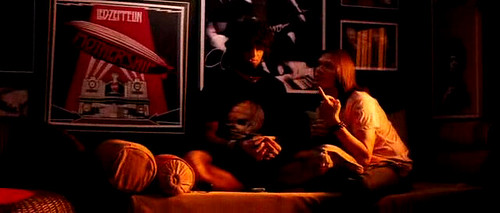The precious few visitors that this ego-fondling portal of extremely biased rants and raves may have noticed the results of a forced rhytidectomy. As I attempt to restore elements from the old platter, you, dear visitor, may have noticed that the comments that you may have left/noticed/read/responded to in the past are gone. Kaput. Poof! The kind of thing Griffin was known for. Here's what happened.
It all started in 2002, when YT started blogging with Blogger. It was free, easy, reasonably popular, but lacked certain features that today's bloggers take for granted. One of these was support for comments on posts (yeah, duh!). Google's acquisition of Blogger didn't help matters too much. Comments arrived, along with some other features, in 2004. So what does a hapless blogger do till then? Try a third-party offering. Haloscan and YACCS were the leading offerings then. A mental coin was flipped and I chose the latter. It had its problems, but then so did Haloscan. Procastination and the lack of any easy way to migrate comments from YACCS meant that I never adopted the new commenting system in post-Google Blogger.
The first cog in the merry wheel came in 2006 with a big redesign featuring a new templating system, a more interactive editing experience and more reliability. The only hitch was that YACCS didn't support this new system yet. So I stayed with YACCS, but made a mental note that I'd have to try and find a way to migrate the comments from YACCS to the Blogger system -- either with some convenient piece of software out there or by churning out some code myself.
The final blow fell recently on August 19, 2008, with the announcement that the YACCS service would be discontinued starting December 23, 2008; here's the text of the announcement reproduced from the main YACCS page:
This left me no choice but to move to Blogger's commenting system. I went all in and adopted the new templating system as well. As I still continue to restore pieces from the original portal, I know that I'll have to write some code using the GData Blogger API. The good thing about YACCS is that it allowed me to export my comments in CAIF. That's the Comment Archiving and Interchange Format, something that Marcus Campbell came up with.
Thus I bid adieu to Hossein Sharifi's creation that has served this blog well for what few comments it managed to invite.



